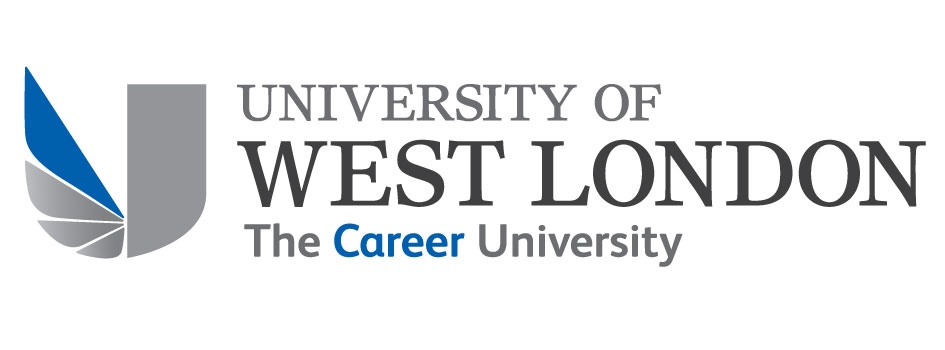This latest update edition of New Vistas focuses on inequality: one of the abiding challenges that higher education and the world in which it sits faces in the early twenty first century. Inequality within higher education takes a range of forms and affects all who work in academia. The UK is one of the most economically unequal of the richer countries in the world and successive governments have had little success in shifting the dial on this issue. UWL is proud to be one of the most diverse universities in the country and was recently named the University of the Year for Social Inclusion. Being a diverse institution though does not mean just striving to provide opportunities to enter and succeed for students/staff from all backgrounds. It comes with a responsibility to focus through avenues such as new vistas on inequality - both within and outside the walls of the university.
The ‘Inequality Edition’ of New Vistas begins with an article from Tatsi and Raybould looking at what university is doing via it’s Access and Participation Plan (APP) to address inequalities in entry, attainment and progression between different groups. As the university prepares to submit a new APP to the Office for Students to take effect from 2026-27 onwards this article gives some important insights into the challenges the university is facing and how it plans to tackle them.
After the Tatsi and Raybould article, the focus turns to different aspects of the inequality within higher education starting with Professor of Literature and Film at London School of Film, Media & Design, Jeremy Strong interviews Senior Lecturer in Radio & Sound Design, Sue Bowerman. Jeremy speaks to Sue about her career in radio and broadcasting as well as teaching people how to listen. Sue also talks about how being diagnosed with Dyslexia and Attention Deficit Hyperactivity Disorder (ADHD) has shaped her experiences as a learner and a teacher. The next article by Caroline Lafarge, Raffaella Milani and Siobhan Lynam is the first of two article to focus on inequalities related to race and ethnic background. Looking the experiences of minoritised ethnic postgraduate researchers in British Higher Education (HE) institutions the article draws on interviews with postgraduate researchers and points to the layers of discrimination and disempowerment the students have had to contend with in pursuing their studies. It illustrates the distance that the higher education system has to travel in order to become a truly inclusive space for students from all ethnic backgrounds.
The next article sees Jeremy Strong again in interview mode, this time speaking to PhD candidate Natasha Hendry about her work on music education in the UK. As with the previous article she describes some of the challenges associated with whiteness and inclusivity. Her work looks at the experience of black pupils in the content of music education in the UK and she argues for an approach built on ‘racial literacy’ to address the culture of whiteness in music education.
The final two chapters take a wider view of the inequality question. The penultimate contribution comes from Frances Sit who is the Policy and Communications Officer at National Education Opportunities Network (NEON). Based at the University of West London, NEON is the professional organisation for those working on access and participation in higher education in the UK. This article offers a comprehensive review of the available evidence where global inequalities in higher education are concerned. Examining as previous authors in this edition have done, intersectionality between different identities Frances shows that inequality in who participates in higher education is pervasive across the world and the responses of policymakers to these inequalities uneven.
The final contribution to this edition of New Vistas steps away from higher education and education altogether to consider regional dimensions of inequality. Marc Le Chevallier is the Research and Policy Officer at the Centre for Inequality and Levelling Up (CIELUP) here at University of West London. He focuses on the issue of ‘pride of place’ and whether bolstering it can help areas that have suffered from economic decline in recent decades in the UK. Looking at the difficulties in defining the term, Marc argues though that giving agency back to places is crucial if they are to navigate a way through the challenges of the early 21st century.
This diverse collection of articles takes a critical look at both what higher education and policymakers are doing to try and reduce different aspects of inequality. A short collection such as this cannot look at the myriad of ways in which inequality manifests itself and future editions of New Vistas will pick up the baton and probe in detail to how the divisions in society shape the lives of us all and they can be overcome. But the Inequality Edition of New Vistas does ask some challenging questions that we cannot ignore.
Professor Graeme Atherton
Head, Centre for Inequality and Levelling Up (CIELUP), University of West London

